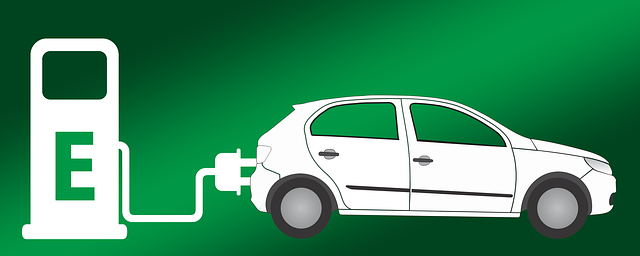That’s Shocking: Part Two
In the first installment in this series, we wrote:
We’re not necessarily in a hurry to return to horses and buggies. But we have to admit, those were certainly more simple times with more obvious risks and fewer technologies to master. On the other hand, more of us live better lives than ever before … We imagine requiring insurance to keep up is a small price to pay to pay for progress.
Well … we may have to re-think that a bit.
The October edition of Best’s Review contained two articles — “When It Comes to Insuring Electric Vehicles [EVs], It’s All About the Battery” and “Surge of Catalytic Converter Thefts Tied to Soaring Prices of Precious Metals” — that connected some dots and gave us pause.
About insuring EVs, the first article said this:
A Hyundai EV … bottomed out, damaging its battery’s protective skid plate and blowing out a tire … the only way to replace a skid plate is to buy a new battery for $37,000 … That’s an example of some of the hard decisions insurers have to make about whether to total a car … The price of a battery fluctuates depending on the make and model of an electric vehicle … Most batteries appear to fall into a range of $10,500 to $22,500 … raw materials such as lithium used in the batteries increased the average cost of a vehicle to nearly $66,000 last year.
About the theft of catalytic converters and the rising prices (and the scarcity) of precious metals, the second article said this:
Catalytic converters … contain the precious metals rhodium, platinum and palladium, the most valuable of which is rhodium, whose value averaged $2,052 an ounce in 2018 and by 2021 had shot to $18,074 an ounce … catalytic converter replacements by policyholders jumped 1,155% nationally between 2019 and 2022 and by 6,400% or more in Oregon, Washington, Pennsylvania and Connecticut. In 2022, there were more than 64,000 catalytic converter thefts nationally … Insurance claims as a result of these thefts jumped to 64,701 last year, from 16,660 in 2020. Replacing stolen catalytic converters can cost between $1,000 and $3,500 or more, depending on the type of vehicle.
What do EV batteries and catalytic converters have in common? Precious metals, minerals, and rare earth elements.
Chicken or Egg?
We don’t know who’s getting the worst of it in this situation: The car owners who pay so much for EVs? The insurers who pay so much for battery and catalytic converter losses? Or the car owners who pay so much for EVs and the insurance to cover them? No matter how it all shakes out, it’s enough to make you think the Yugo wasn’t such a bad idea after all.
And it makes you wonder what the Doobie Brothers and Sammy Hagar would do if they were writing this song and this song today.
Turn it up.





Leave a Reply
Want to join the discussion?Feel free to contribute!